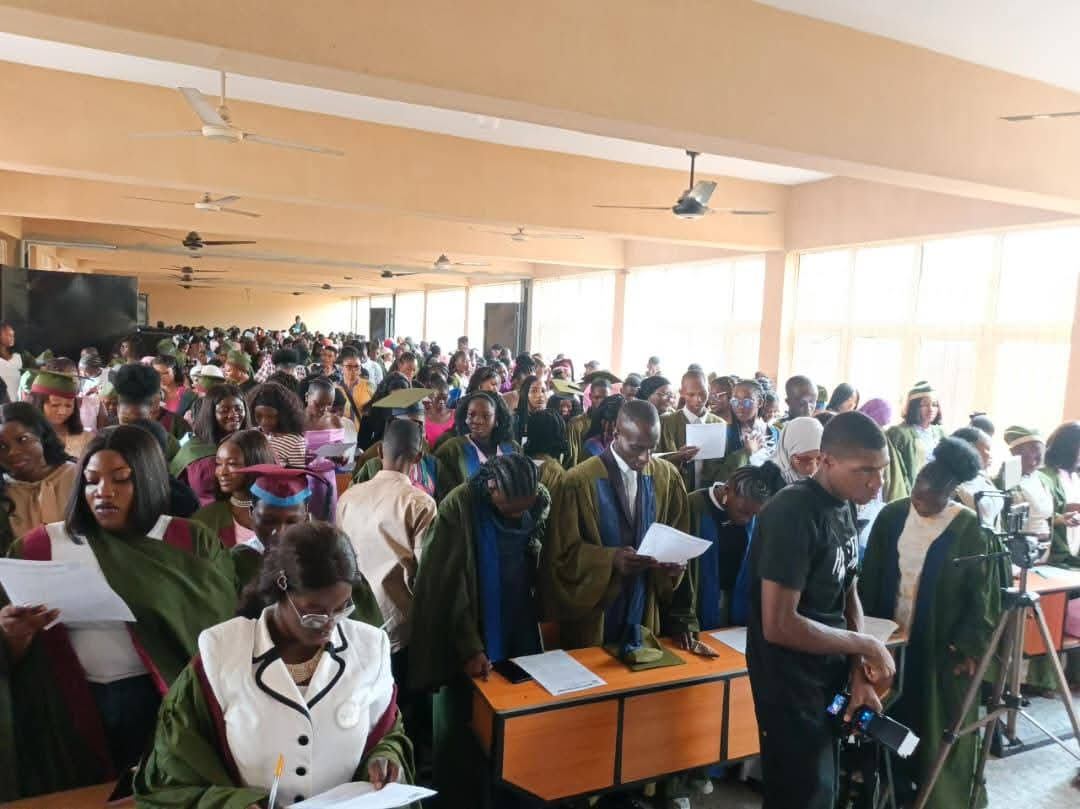
Oyo Closing Learning Gaps in Basic Schools With AI, Says Adeniran
The Oyo State Universal Basic Education Board has said that artificial intelligence-backed education reform will play a pivotal role in solving Nigeria’s deepening learning crisis.
Speaking in an interview with OYO NEWS on Friday, the Chairman of Oyo SUBEB, Dr. Nureni Adeniran, explained that the state’s partnership with EIDU, a German education innovation firm, had already shown promising results in improving literacy and numeracy in primary schools.
“About a year ago, His Excellency, Engineer Seyi Makinde, entered into a partnership with EIDU. This introduced an AI-backed pedagogy in four pilot schools. The results are already significant—pupils in the pilot schools have developed digital literacy, while teachers have embraced new teaching methods. The system ensures a uniform pedagogy across schools—so a child in a remote village now receives the same quality of teaching as one in a developed community,” Adeniran said.
He added that the reform is not only changing classroom practices but also raising enrollment figures.
“In schools where enrollment had been between 50 and 70 pupils, numbers rose to around 100 after the program began. Learners now look forward to school because they don’t want to miss opportunities to use the digital devices,” he noted.
Adeniran stressed that Nigeria faces a severe learning crisis which required urgent and innovative interventions.
“The truth is that the situation in Nigeria is deeply concerning. Literacy and numeracy levels are far below expectations, and this is reflected in both national and international data. According to the World Bank (2023), 70 per cent of 10-year-olds in Nigeria cannot read and understand a simple sentence—a situation described as learning poverty. Similarly, UNESCO reported in 2024 that Nigeria accounts for over 20 per cent of out-of-school children in sub-Saharan Africa. Without urgent reforms, Nigeria risks losing a generation of children who lack foundational skills,” he said.
According to him, Oyo State’s AI-backed model shows that Nigerian states can embrace technology to address the problem.
“This innovation proves that technology can bridge gaps and deliver quality learning across diverse communities. It is a model other states can and should emulate,” he added.
The SUBEB chair praised Governor Seyi Makinde for his unprecedented investment in education, which made the AI-backed reform possible.
“When His Excellency assumed office, budgetary allocation to education was between three to five per cent. He increased it to 10 per cent, and today Oyo State allocates over 20 per cent of its annual budget to education. That commitment underscores his conviction that education is the light and the foundation of development,” Adeniran said.
So far, 1,039 teachers have been trained under the initiative, while 3,090 more teachers and 76 quality assurance officers have also joined the program.
“The teachers benefited immensely. The training improved their skills, boosted their confidence, and enhanced classroom management. More importantly, the AI-backed system tracks each child’s progress, allowing teachers to identify those who need extra help. This ensures no child is left behind,” he explained.
Adeniran concluded that strengthening literacy and numeracy through technology is key to national development.
“In the education sector, we strongly believe that whatever profession you pursue, education enhances your productivity. A trader with education is a better trader; a craftsman with education is more innovative. That’s why strengthening literacy and numeracy is not just about schooling—it’s about national development and empowerment,” he said.
He urged other states to adopt Oyo’s education reform model, saying, “The commitment of His Excellency and the positive results we’ve recorded demonstrate that other states can and should emulate Oyo’s model of basic education reform.”
Adeniran added that many families struggle to prioritise education due to poverty, cultural and religious barriers, and ignorance of its long-term benefits.
“Several factors contribute to this situation. Economic challenges often prevent parents and guardians from appreciating or investing in education. Cultural and religious beliefs also sometimes hinder enrollment and retention, especially for girls. Ignorance about the long-term benefits of education remains a barrier,” he said.
Tags:
No tags
Related Posts
Loading...



